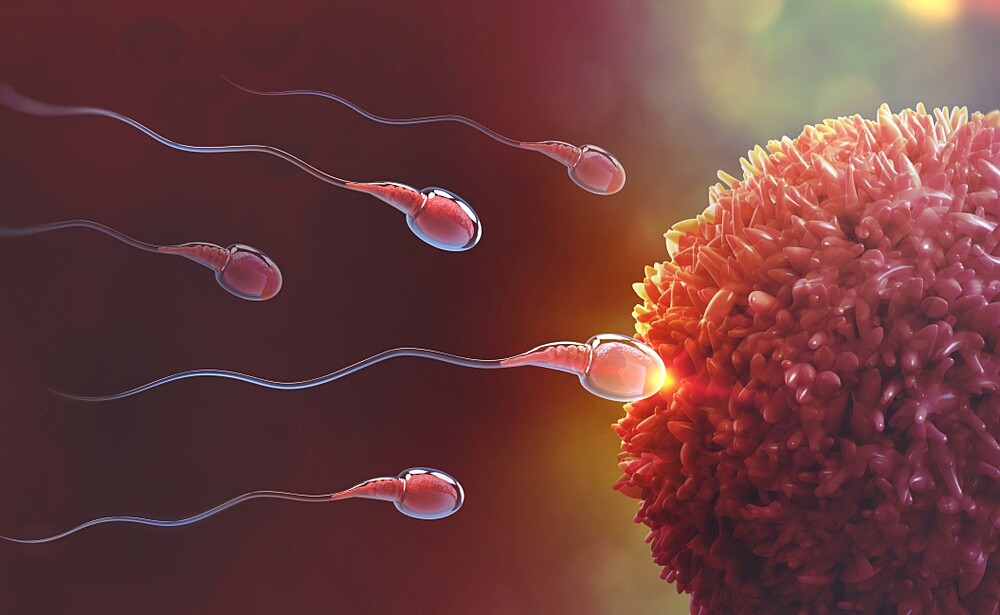How can I really influence my chances of getting pregnant? We do away with typical myths about fertility!
When a woman wants to get pregnant, she often hears all kinds of strange suggestions for allegedly improving fertility. But what is the truth of these myths?
These 7 things actually influence fertility
Apart from a few classic factors such as the general diet and your own body weight, there are a few things that can also influence fertility, surprisingly enough. These include:
1. Sport
Sport can reduce the likelihood of pregnancy – but according to the results of a study involving around 3,800 women, only if it is practised almost daily and with high intensity. If you “only” jog or go to the gym two or three times a week, you can still do this if you want to get pregnant.
2. Coffee
We know: Coffee is healthy! However, studies show that more than one cup of coffee a day can reduce the probability of pregnancy by up to 50 percent. Experts recommend a maximum of 200 mg of caffeine per day, which corresponds to two cups of black coffee or black tea. If you can get through the day with just one cup – all the better!
3. The weather
It sounds weird at first, but the weather can also affect your fertility. On the other hand – I think we all know how sunny weather can lift our spirits. And scientists were also able to show a study in 2015 which showed a sun effect on the probability of pregnancy: 12,000 women who had undergone fertility treatment were about a third more fertile in sunny weather phases than in bad weather.
4. Softener
Girls, leave the buckets! Initial studies suggest that softeners such as phthalates, which are used in cleaning products for example, can reduce fertility. Swiss researchers also found out with the help of a study that certain substances in the softeners can have a negative effect on the genetic material of unborn babies. By the way: plasticizers are also found in many plastic products – it is worth switching to glass bottles, for example.
5. Lack of sleep
A study appeared in the journal “Fertility and Sterility” in 2014 which proved that a healthy melatonin level optimizes fertility because the “sleep hormone” melatonin prevents damage to the eggs. In order for the body to produce enough melatonin, women should make sure they go to bed at the same time every day and sleep for about eight hours.
6. The fertility of the mother
Unfortunately a factor in which we ourselves cannot change much: Fertility can also be inherited. So if our mother already had difficulties getting pregnant or went through the menopause early, we can unfortunately have a similar experience. This was also confirmed by a study in 2012, which showed that both the quality and number of eggs in the daughter were worse if the mother had already entered menopause before her mid-40s.
7. The thyroid gland
Women who want to become pregnant should definitely have the function of their thyroid gland checked. The thyroid hormones control a lot of processes in the body – including the maturation of the egg cells. Both hypothyroidism and hyperthyroidism can affect the likelihood of pregnancy. As a general rule, the so-called TSH value of the thyroid gland should be below 2.5 uU/ml to improve the chances of pregnancy. If there are already thyroid diseases in the family, increased attention is generally required. However, women who have not become pregnant within six monthly cycles should also have their thyroid gland values tested if no hereditary predisposition exists.

